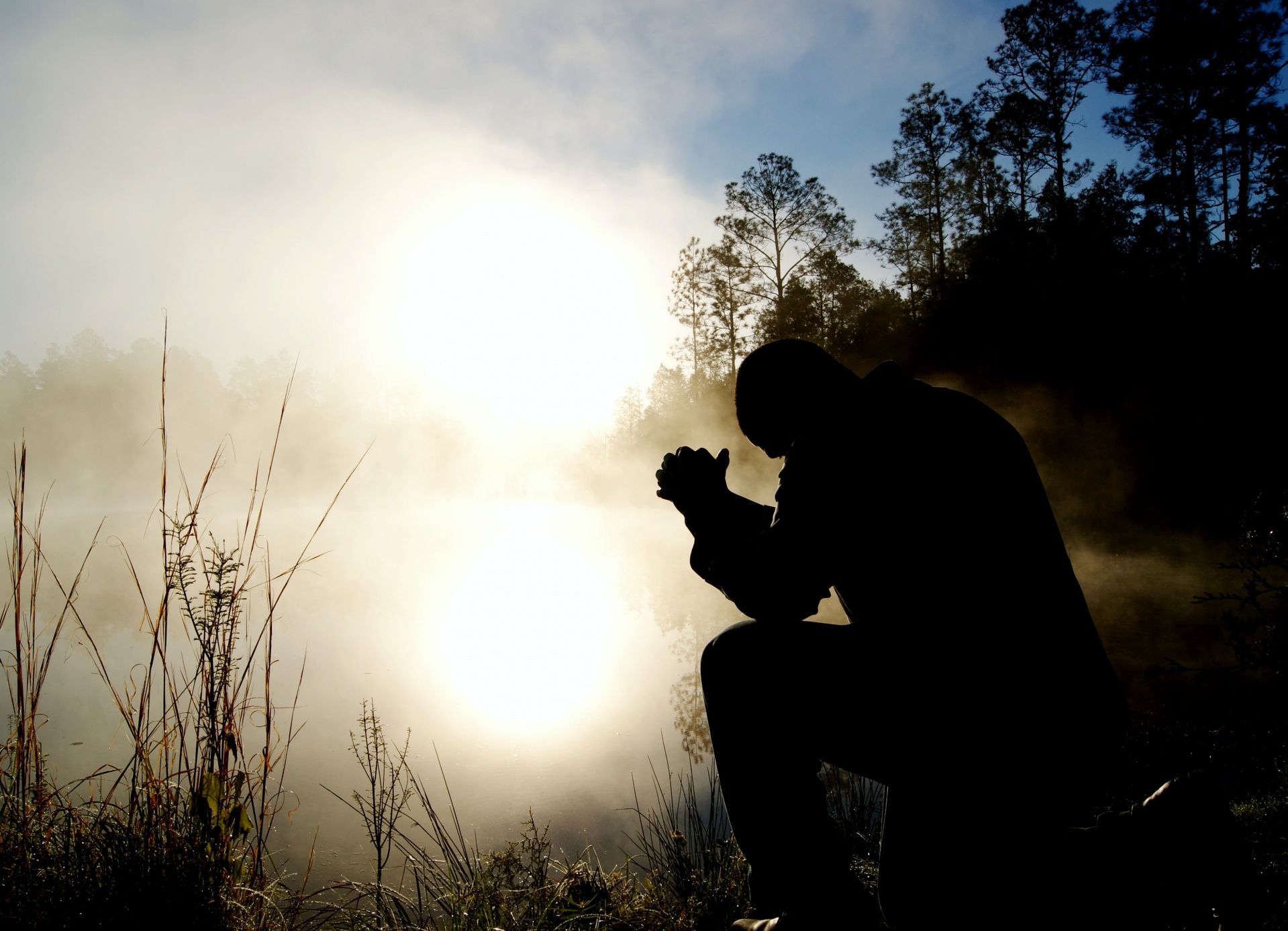The Gospel of Grace and Peace - Part 3

So far, we have considered three questions about grace and peace. Last week, we saw why we need grace and peace and how God can grant them. We learned that we need grace and peace because only grace can bring about peace with God, and only peace can restore our broken relationship with God. We also learned that God can grant grace and peace because the Lord Jesus Christ made it possible through his perfect life and atoning death. This week, we conclude our mini series in the Gospel of grace and peace by considering two final questions.
How Do We Receive Grace and Peace?
I want to begin this section by reminding you of the definition of grace. Grace is unmerited favour, favour that is unearned and unearnable. Only God can grant such grace. Only God can bring you and me into such peace.
Such a great and glorious salvation requires that God sovereignly change our nature. After all, if I didn't undergo a change of some sort, I wouldn't be willing to come. And only God can transform the helpless sinner. Doesn't that just crush your pride? Rightly understood, it should bring us to our knees. You cannot earn God's grace; you can only ask him to be gracious to you.
The good news is, God delights in saving sinners, and he promises to save all who sincerely come to him in faith. He opens blind eyes to see sin for what it is, to understand the gospel, to behold the glory of God and of Christ; to such a one, He gives the desire to follow him. He raises him, dead though he were, to spiritual life. Then, and only then, does the unbeliever believe; then does the blind man see; then does the sinner turn from his sin – when God raises him from the dead and joins him to Christ.
Now, as much as this is God's doing, we remain responsible for our actions. God commands us to repent and believe. We are commanded to turn from sin and trust in Christ.
"The times of ignorance God overlooked, but now he commands all people everywhere to repent, because he has fixed a day on which he will judge the world din righteousness by a man whom he has appointed; and of this he has given assurance to all by raising him from the dead" (Acts 17:30).
"Then he brought them out and said, 'Sirs, what must I do to be saved?' And they said, 'Believe in the Lord Jesus, and you will be saved, you and your household'" (Acts 16:30).
"Seek the LORD while he may be found; call upon him while he is near; let the wicked forsake his way, and the unrighteous man his thoughts; let him return to the LORD, that he may have compassion on him, and to our God, for he will abundantly pardon" (Isaiah 55:6-7).
I like what Spurgeon once said: "Don't try to figure out the mechanics of it all before coming to Christ. Come to Christ and then study the mechanics of it." We can trust that God works through His Word to grant life, to open blind eyes, and to draw people to faith in Christ. If you have trusted in Christ and have turned from your sin, then you stand forgiven in Christ; you stand justified; by grace, you have peace with God.
How Should We Respond to Grace and Peace?
The right response, if we have received God's grace and have peace with him, is praise. Worship is the only proper response to salvation – a life of gratitude and thanksgiving, a life in which every moment is seen as an opportunity to glorify our great God and Saviour Jesus Christ – that is what we are called to.
God has favoured us. He has reconciled us by the blood of his Son. We are now at peace with him and are his children – hallelujah! The hostility is gone. Our sins are forgiven. Our inheritance is sure. Our Saviour is great. Our God will be all in all. And it is our privilege to worship him, both now and forevermore!
In summary, we have answered five essential questions about grace and peace. First, we saw what they are. But just to remind you, grace is God's unmerited favor in saving sinners and in empowering believers; peace is the removal of hostility between God and sinners. Second, we saw why we are in need of them – only grace can result in peace with God, and only peace will restore our broken relationship with him. Third, we saw how God is able to grant grace and peace to sinners – Jesus made it possible through his perfect life and atoning death. Fourth, we saw what we must do, or rather what must be done, if we are to receive grace and peace – God must raise us from spiritual death to spiritual life, enabling us to repent of our sin and put our faith in Jesus Christ. Finally, we saw how we should respond – with overwhelming thankfulness and praise to our great God for his inexpressible gift.
Hopefully, by now, we have a better understanding of the gospel of Jesus Christ, that good news which transforms sinners and makes us worshipers of God and of his Son Jesus Christ our Saviour. May we be faithful to walk in a manner worthy of this Gospel!